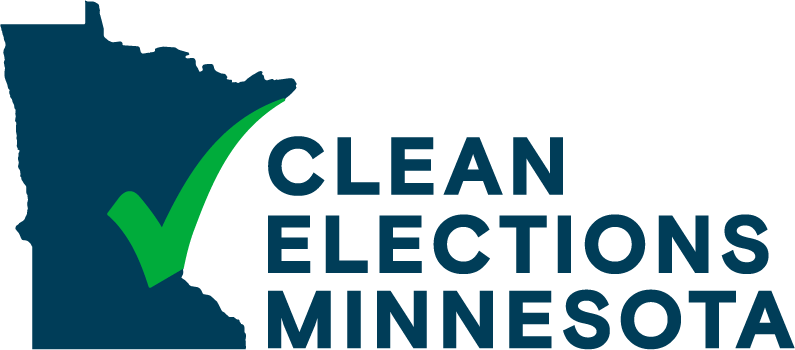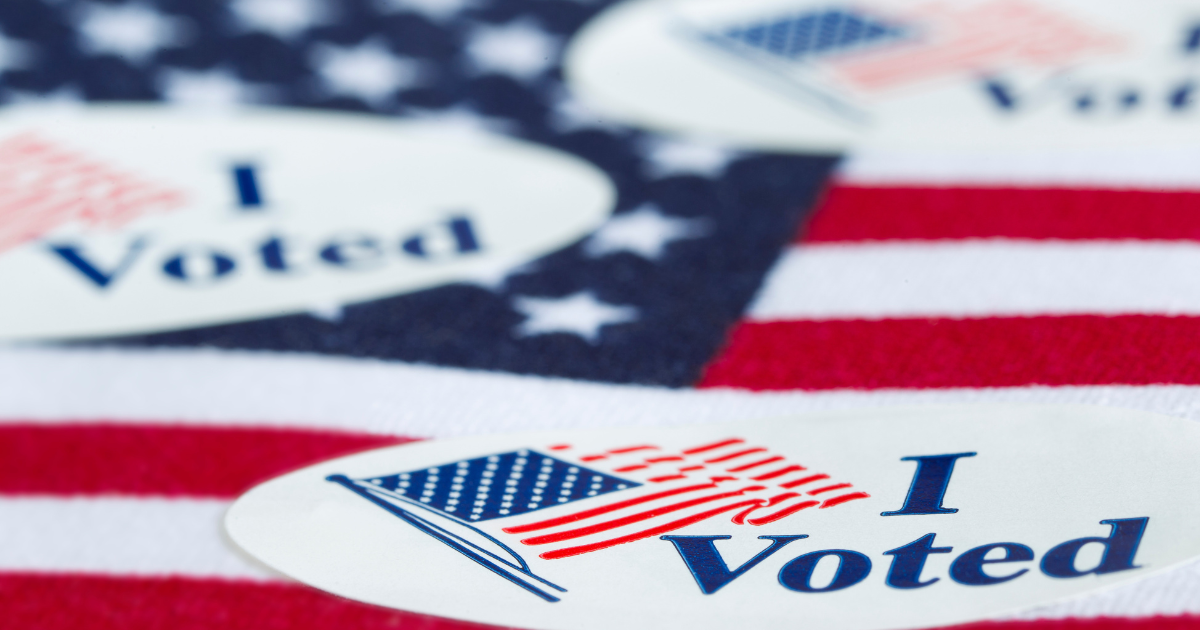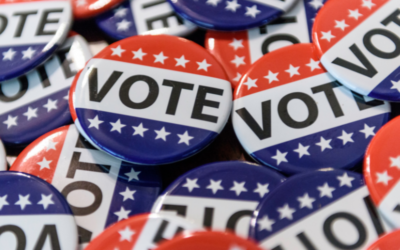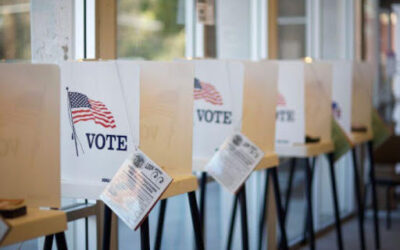A well-designed program of citizen-funded campaign financing can increase the importance of small donors.
By George Beck August 17, 2023
The most significant problem for democracy in America and Minnesota is the way election contests are funded.
Money in politics has always been troublesome — Mark Twain said that we had the best Congress that money could buy. But the harmful effect grew significantly in 2010 when the U.S. Supreme Court decided 5-4 in its controversial Citizens United v. Federal Election Commission decision that political contributions were somehow free speech that the government could not regulate. Since that time, billions of dollars have flowed to political candidates from special interests, including corporations and the very wealthy, with the intent to influence the actions of elected officials. Although the court stated that disclosure of contributors would ameliorate any problems, disclosure has not happened.
Minnesota has some modest public financing of elections. It has a political contribution refund program that allows contributors to be reimbursed by the state government for contributions to candidates up to (now) $75 for a single person and $150 for a couple. Minnesota also has a candidate public subsidy program funded by an income tax check-off as well as by an appropriation. Candidates must agree to spending limits to receive these funds. About 89% of candidates recently have participated.
While state representative candidates have historically received about $2,500 to $6,000 per election from this program, most of a campaign must be funded otherwise. And significantly, the most competitive contests, those that determine the control of the Legislature, do not seek public funding and receive much more in only private contributions, often from outside of Minnesota. For example, in 2022, the independent expenditures in Senate District 36 were $1,915,182.68, with candidate expenditures of $203,372.67, for a total candidate expense of $2,118,555.35. Total candidate expense exceeded $1 million in five Senate districts.
Recently several states have adopted new public financing programs that improved the democracy in their jurisdictions and have demonstrated the inadequacy of Minnesota’s effort. Fifteen states and 21 cities across the country now have established public financing laws. The city of Seattle has a successful democracy voucher program under which residents receive four $25 vouchers that they can use to support candidates. The District of Columbia matches small contributions at a 5 to 1 ratio so that a $200 contribution for mayor results in a contribution of $1,200. The city of Denver has a 9 to 1 match up to $50. In Maine, 75% of legislators and the governor ran their campaigns 100% funded by public funds. In Arizona, candidates can receive public funding up to a spending limit if they forgo PAC and large contributions.
New York state passed a groundbreaking small donor public financing program that will start in November 2024. For legislative races, donations from citizens of $250 or less are matched 6 to 1, so that a $10 contribution plus the $60 match becomes $70 for the candidate. The amount of public funding is capped. Only contributions from district residents are matched. The program is voluntary for candidates, and candidates must show some citizen support by meeting a fundraising threshold.
Even with unlimited spending by super PACs, this program will give candidates enough resources to compete. In New York, 75% of super PAC dollars targeted just 10% of districts in 2022.
The program must be expensive, right? Well, in New York the Public Campaign Finance Board has requested $114.5 million to enact the program, which is 0.001% of that state’s budget. An analysis by Open Secrets noted that in 2022 small donations of $250 or less in New York amounted to only 11% of contributions. But if the present law had been in effect, contributions of $250 or less would grow to 53% of donations.
Citizen-funded election programs cannot squeeze private money out of politics. But a well-designed program will increase the importance of small donors to candidates and increase participation by an economically and geographically more representative group of citizens. It will combat the influence of megadonors. According to the Brennan Center for Justice it is the most powerful reform available to counter the outsize influence of the wealthy and corporations. And after a summer of extreme temperatures, smoky skies, floods and drought, we need to make sure that the interests of all of us are represented in St. Paul to address matters like climate change.
George Beck is on the board of directors of Clean Elections Minnesota.



